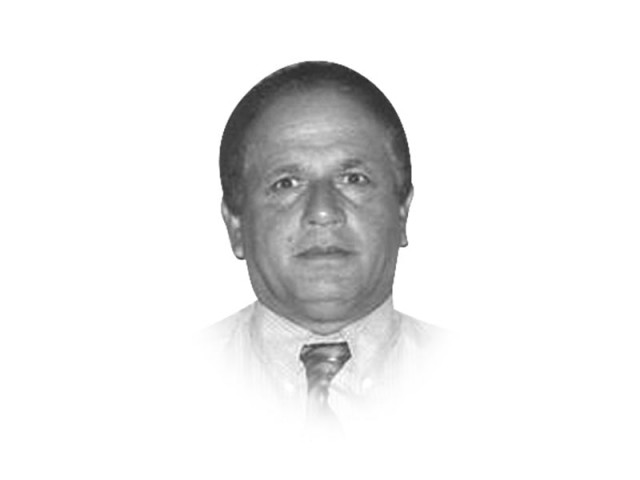Undoing the khaki mindset
Honest leaders with integrity have to take over the mantle to offer a credible alternative to the generals.

Contrast Mr Jinnah’s message to Field Marshal Ayub Khan, who described politicians as “inefficient and rascally”. Ayub justified his assumption of power in 1958 by citing the nation’s need for ‘stability and the necessity’ for the army to play a central role.
The power grab by Ayub marked the beginning of the era of a one-man rule that was to last for several decades. The rationale for the coup centered on a general feeling of political malaise by a near consensus among the politically aware segments of the population that the politicians had somehow failed in their duty to provide the country with a workable political system. After Mr Jinnah, the military establishment had acquired and cultivated a reputation of honesty, integrity, and efficiency — three virtues that the politicians seemed to lack.
The ‘Ayubian’ model with generals — seen as upholding stability, lording over civilians tagged with encouraging insanity and anarchy leading to an abyss and disaster — is in the armed force’s lexicon to this day. While the swagger and bravado about military culture and brash patriotic talk, flag-waving and heavy-handed nationalism is not unique to Pakistani generals, nowhere in the world, except in a few banana republics, do the armed forces enjoy as complete a dominance over civilian control as they do in Pakistan.
In the early 1990s, there was a sermonic temper tantrum from a former member of the Joint Chief of Staff Committee, who said something along the lines of “you civilians invite us to take power when you have lost all hope in democracy” in response to a rather innocuous remark from a fellow guest on the frequency of martial laws.
We know that Pakistan’s armed forces have always seen themselves as the most important sector of society: The only ones capable of guaranteeing ‘national survival’ that is threatened by our ‘unfriendly’ neighbour and, more recently, by terrorists. As long as this view prevails, it is more than justified to accumulate and retain economic and political power in the hands of the military establishment; furthermore, any decision the armed forces take in any realm of national life is not to be questioned, because this means threatening national security.
While the professional reputation and pride of the armed forces has been dented by the Osama bin Laden raid and the PNS Mehran base attack, one should not expect that the military establishment will fold its tent and accept civilian supremacy. For that to happen, democracy has to be consolidated and civil society heard. The military has to be brought under civilian stewardship by demands which can no longer be written off as ‘anti-Pakistan’ and which come from a broad coalition of civilian political, economic and social forces. Perhaps most of all, civilian leaders with a reputation for honesty and integrity like Mr Jinnah and Liaquat Ali Khan have to take over the mantle to offer a credible alternative to the generals.
This is a tall order indeed and until that happens, we should fully expect the khaki mindset to prevail.
Published in The Express Tribune, July 18th, 2011.



















COMMENTS
Comments are moderated and generally will be posted if they are on-topic and not abusive.
For more information, please see our Comments FAQ